On the morning of November 9, discussing at the hall about the draft Resolution on piloting the handling of evidence and assets during the investigation, prosecution and trial of a number of criminal cases at the 8th Session of the 15th National Assembly, Deputy Head of the Delegation in charge of the National Assembly Deputies of Hoa Binh Province Dang Bich Ngoc expressed her high agreement on the issuance of the resolution in the current period. This will contribute to removing difficulties and shortcomings in resolving economic cases in recent times.
Comrade Dang Bich Ngoc, Deputy Head of the Delegation in charge of National Assembly Deputies of Hoa Binh province, spoke at the discussion.
After studying the draft Resolution and the Judicial Committee's Review Report, National Assembly Deputy Dang Bich Ngoc basically agreed with the contents of the draft. The issuance of the resolution at the current stage is very necessary, aiming to remove difficulties and inadequacies in resolving economic cases in recent times. Therefore, the delegate agreed with the scope of regulation and subjects of application as in the draft.
Commenting on measures to handle evidence and assets (Article 3), delegate Dang Bich Ngoc agreed with the regulation on the measure of depositing a security deposit to cancel the seizure, temporary detention, attachment, and freezing according to the Draft Resolution in Clause 2. According to the delegate, this measure is appropriate in the process of resolving major economic cases today. Because the goal is to quickly recover compensation for damages, minimize the need to handle assets, save costs, ensure the rights of owners, and especially avoid wasting assets that may be damaged or devalued during the seizure, temporary detention, attachment, and freezing process. Meanwhile, the regulation of the draft resolution is: the amount of security deposit must not be lower than the value of evidence and assets according to the asset valuation conclusion.
Thus, the payment of money is completely appropriate, meeting the greatest purpose of economic cases, which is to recover money and assets. In fact, according to the provisions of Articles 90 and 106, the Criminal Procedure Code has not yet regulated the preservation and handling of evidence and assets that are valuable papers (stocks, bonds, etc.); at Point d, Clause 1, Article 8, Decree No. 18/ 2002/ND-CP (amended and supplemented in 2013) of the Government promulgating the Regulation on management of evidence warehouses stipulates: valuable papers must be sealed and deposited at the State Treasury system at the same level where the agency handling the case is headquartered, and are absolutely not allowed to be circulated . Meanwhile, in current corruption and economic cases, the prosecuting agency has seized many shareholder and stock certificates, and frozen or issued documents requesting the temporary suspension of transactions for securities accounts...
Delegate Dang Bich Ngoc said that these are assets with very rapid fluctuations in value; over time, the value of shares, stocks, etc. may increase, decrease or even lose value according to market developments. Therefore, sealing and not allowing circulation as stipulated above may cause damage to the owner, affecting their property rights and those of other shareholders.
Regarding Clause 3 of the measures allowing the purchase, sale, transfer of evidence, assets and handling of proceeds from the purchase, sale and transfer, according to the delegate, evidence and assets are real estate, assets attached to land, valuable papers, securities or equipment, means, materials in production, business, and services, if they do not continue to be circulated on the market, exploited, and used, they will be reduced or lose value.
The draft Resolution to pilot the application of these measures when conditions are sufficient creates a legal basis for putting evidence and assets into circulation on the market, continuing to be exploited, used, and freeing up resources to serve socio-economic development. At the same time, it still ensures the recovery of money through the sale of assets.
Although these two measures are applied to the same type of evidence and assets ( real estate, assets attached to land, valuable papers, securities or equipment, means, materials in production, business, services that have been seized, temporarily detained, distrained, or frozen ); the same basis and conditions ( must be requested by the prosecuting agency for appraisal, valuation ); both involve depositing money into the temporary holding account of the prosecuting agency; both have the purpose of ensuring the release of resources, avoiding waste, freezing assets; both are to cancel the previously applied procedural measures (seizure, temporary detention, distraint, freezing); both are similar in the way of handling problems that occur ( Handling with the deposited security amount/handling with the amount of money bought, sold, transferred, without affecting the resolution of the case ).
However, the application of these two measures is different. In particular, regarding the type of evidence and assets, the measure stated in Clause 2: for evidence and assets that do not meet the conditions for purchase, sale or transfer according to the provisions of law, this measure can be applied to deposit security money. The measure stated in Clause 3: for evidence and assets that are permitted to be purchased, sold or transferred according to the provisions of law, the measure for purchase, sale or transfer can be applied.
Regarding the basis, conditions and measures stated in Clause 2: (1) Evidence and assets are legally owned or managed by the accused person or other relevant organizations or individuals; (2) The accused person or other relevant organizations or individuals have a written request to deposit a security deposit to receive back the exploited and used assets.
Measures stated in Clause 3: (1) Evidence and assets under the legal ownership and management of the accused person or other relevant organizations and individuals and without disputes, are permitted to be bought, sold or transferred in accordance with the provisions of law ; (2) The accused person or other relevant organizations and individuals have a written request for permission to buy, sell or transfer.
Agreeing with the pilot implementation period of no more than 3 years as stipulated in Article 4, the delegate said: The pilot resolution should be implemented for 3 years, which is appropriate. At the end of the pilot period, the Supreme People's Procuracy will summarize and evaluate the pilot results; if it is found to be appropriate, effective, and fundamentally resolves difficulties, problems, and inadequacies, and meets all conditions, it will study and propose amendments and supplements to the Penal Code, the Criminal Procedure Code, and related laws for synchronous implementation.
Bui Hien
Office of the National Assembly Delegation and Provincial People's Council
Source: http://www.baohoabinh.com.vn/11/195369/Gop-phan-thao-go-nhung-kho-khan-tr111ng-giai-quyet-cac-vu-an-kinh-te.htm


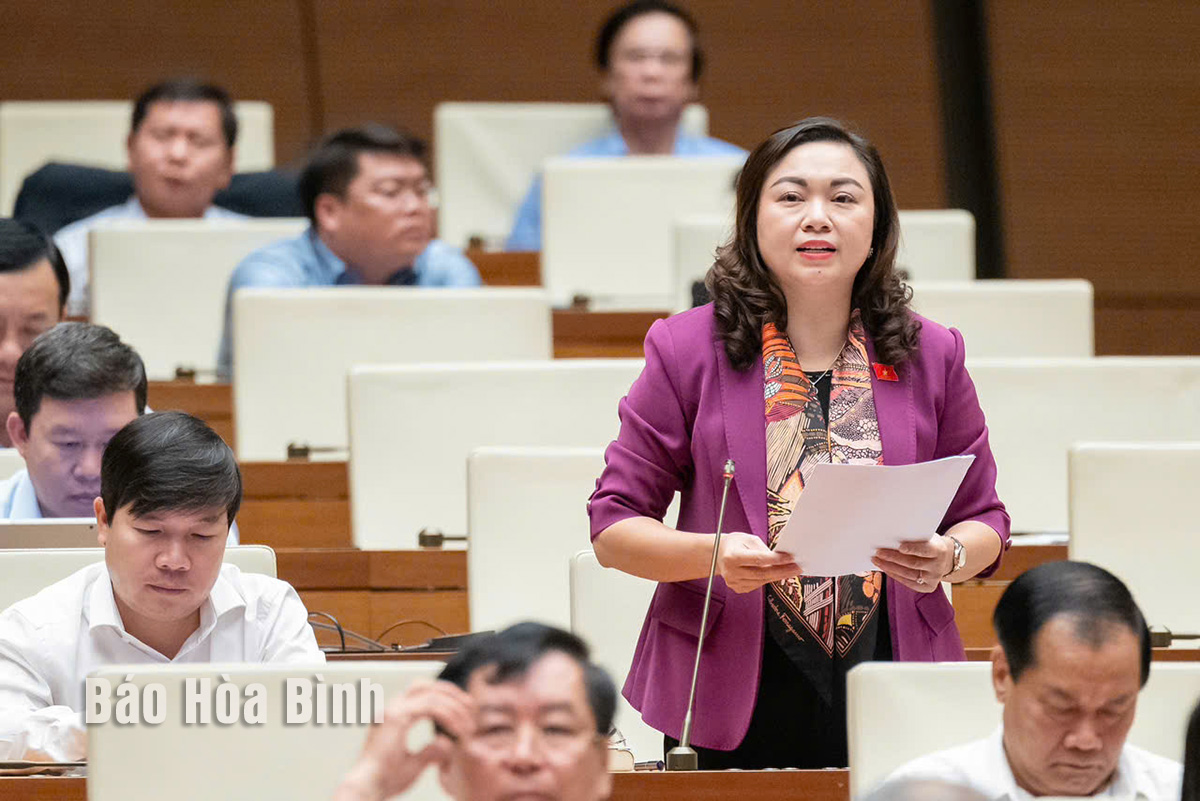
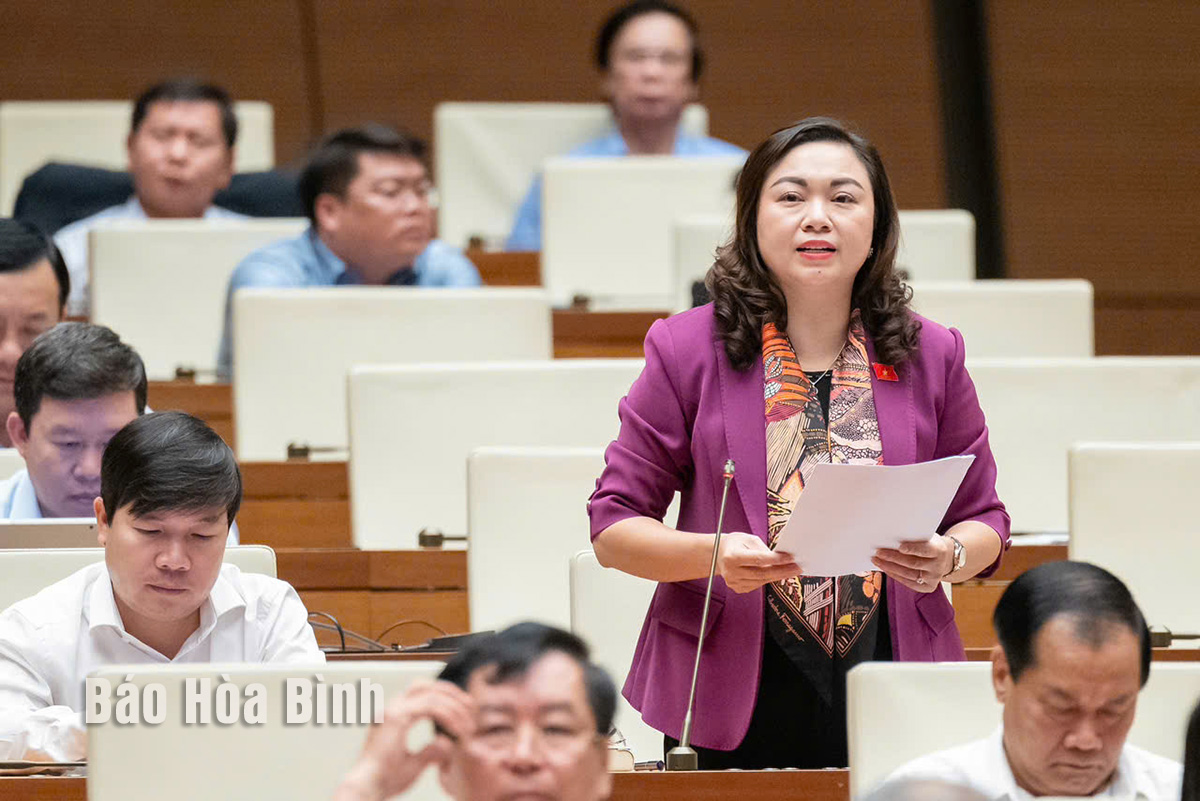





![[Photo] General Secretary To Lam receives Australian Ambassador to Vietnam Gillian Bird](https://vphoto.vietnam.vn/thumb/1200x675/vietnam/resource/IMAGE/2025/6/26/ce86495a92b4465181604bfb79f257de)




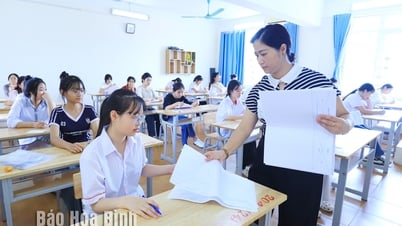
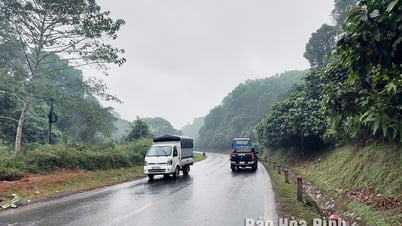
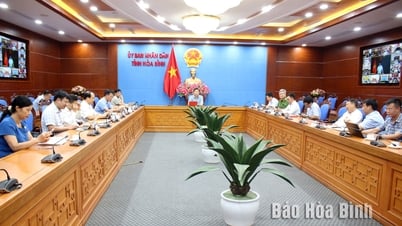





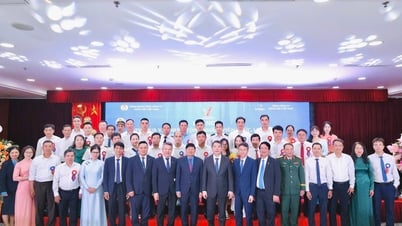

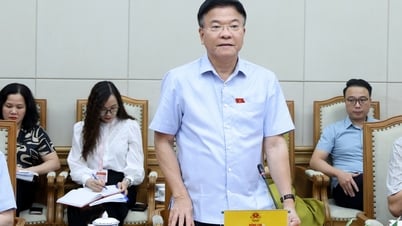


![[Photo] Candidates take the first graduation exam with the new Literature topic](https://vphoto.vietnam.vn/thumb/1200x675/vietnam/resource/IMAGE/2025/6/26/dfded9e317554c25a3e26defe672ebb7)









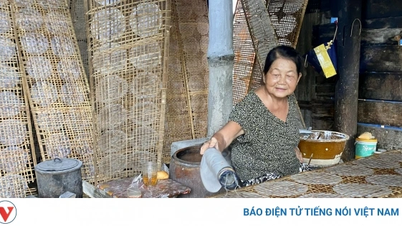



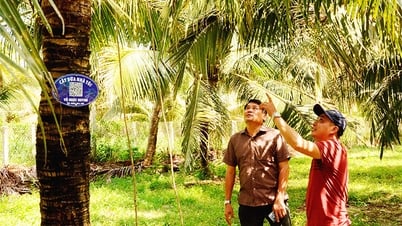



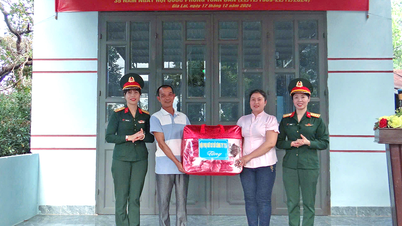
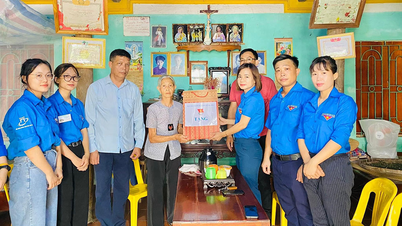


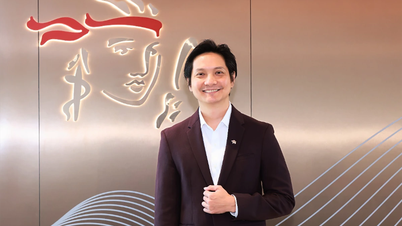










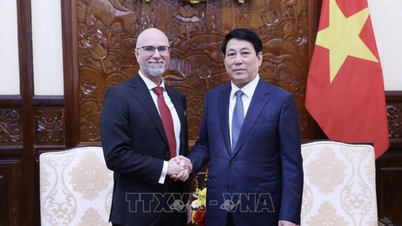
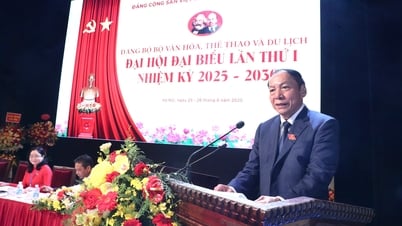

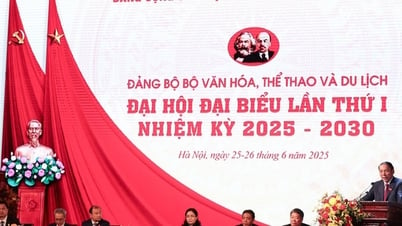




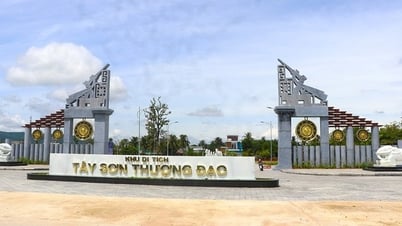
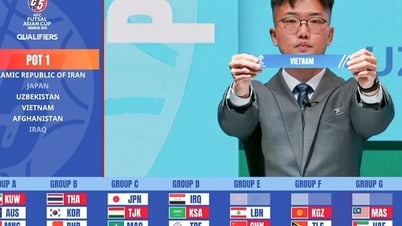

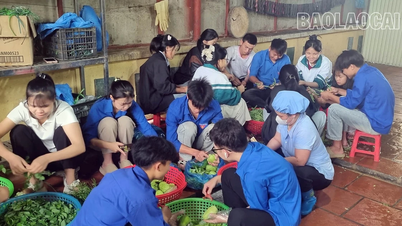

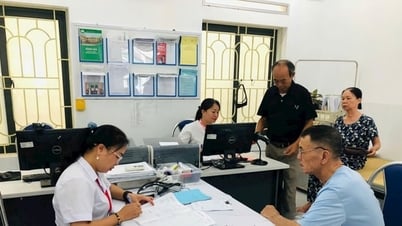


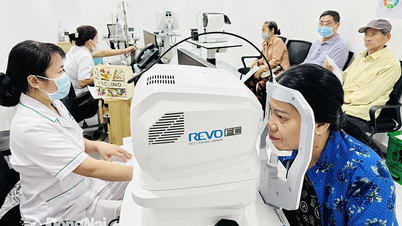

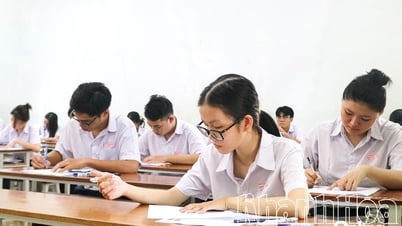







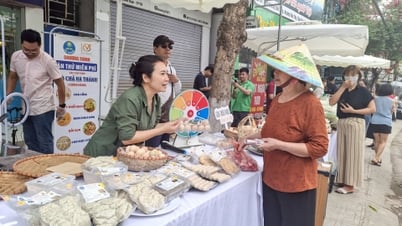





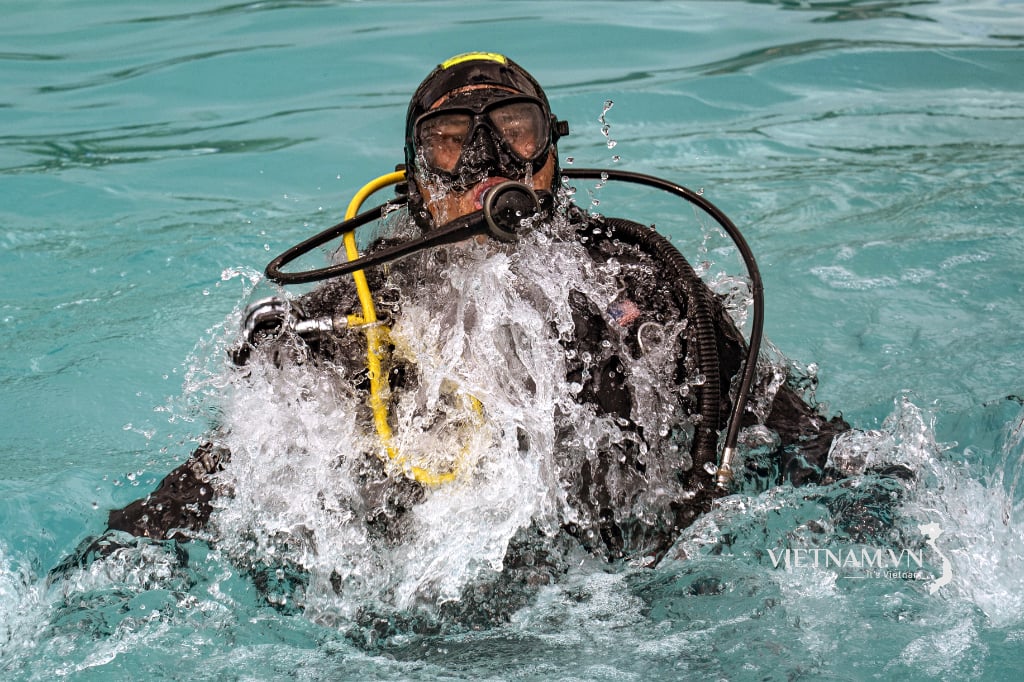
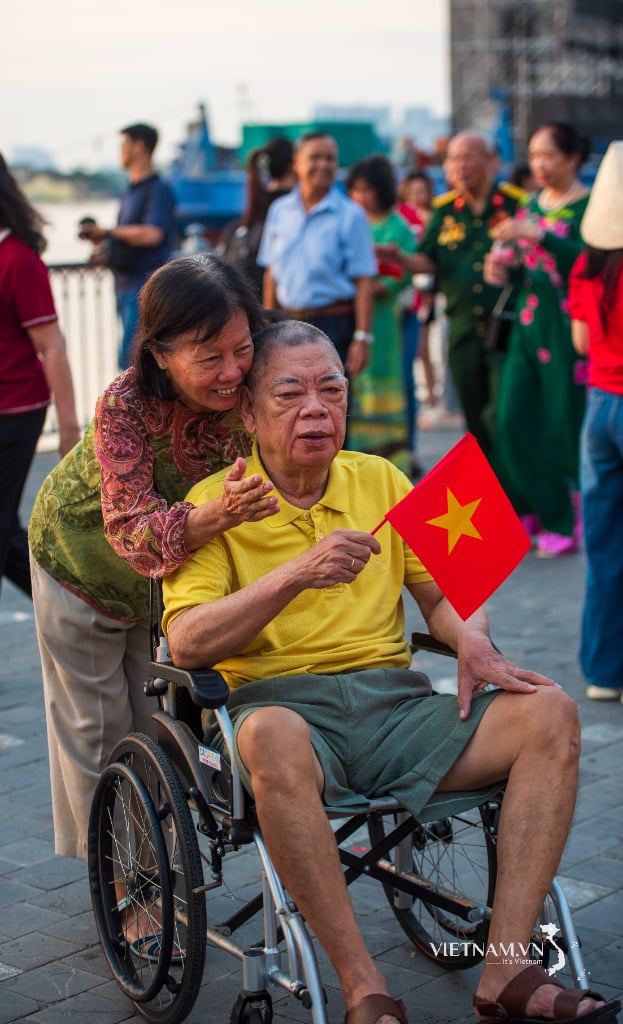

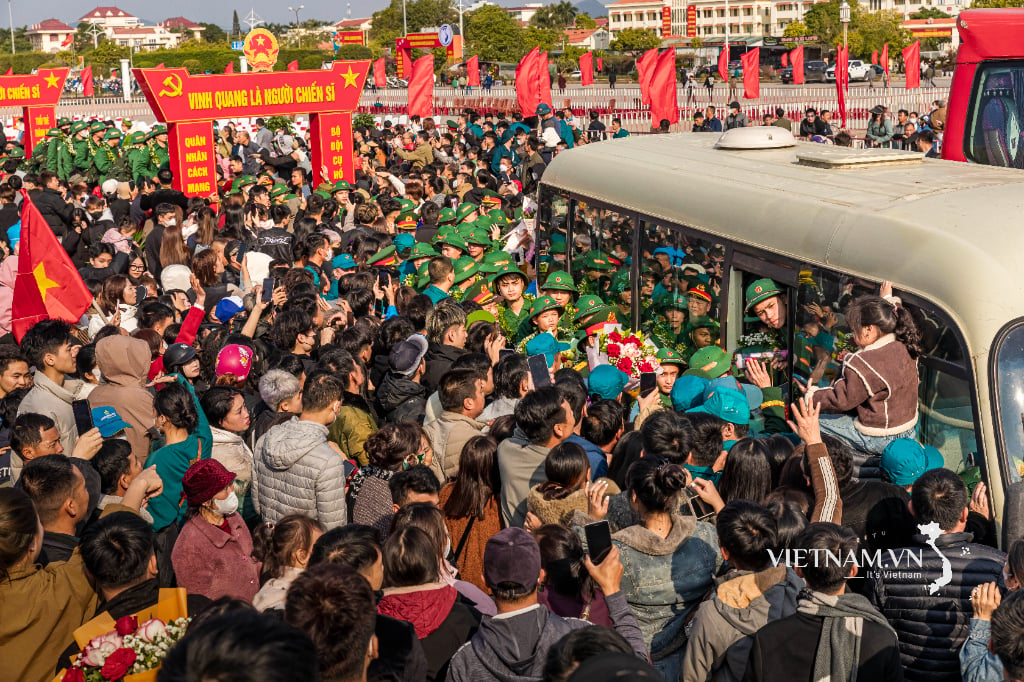
Comment (0)